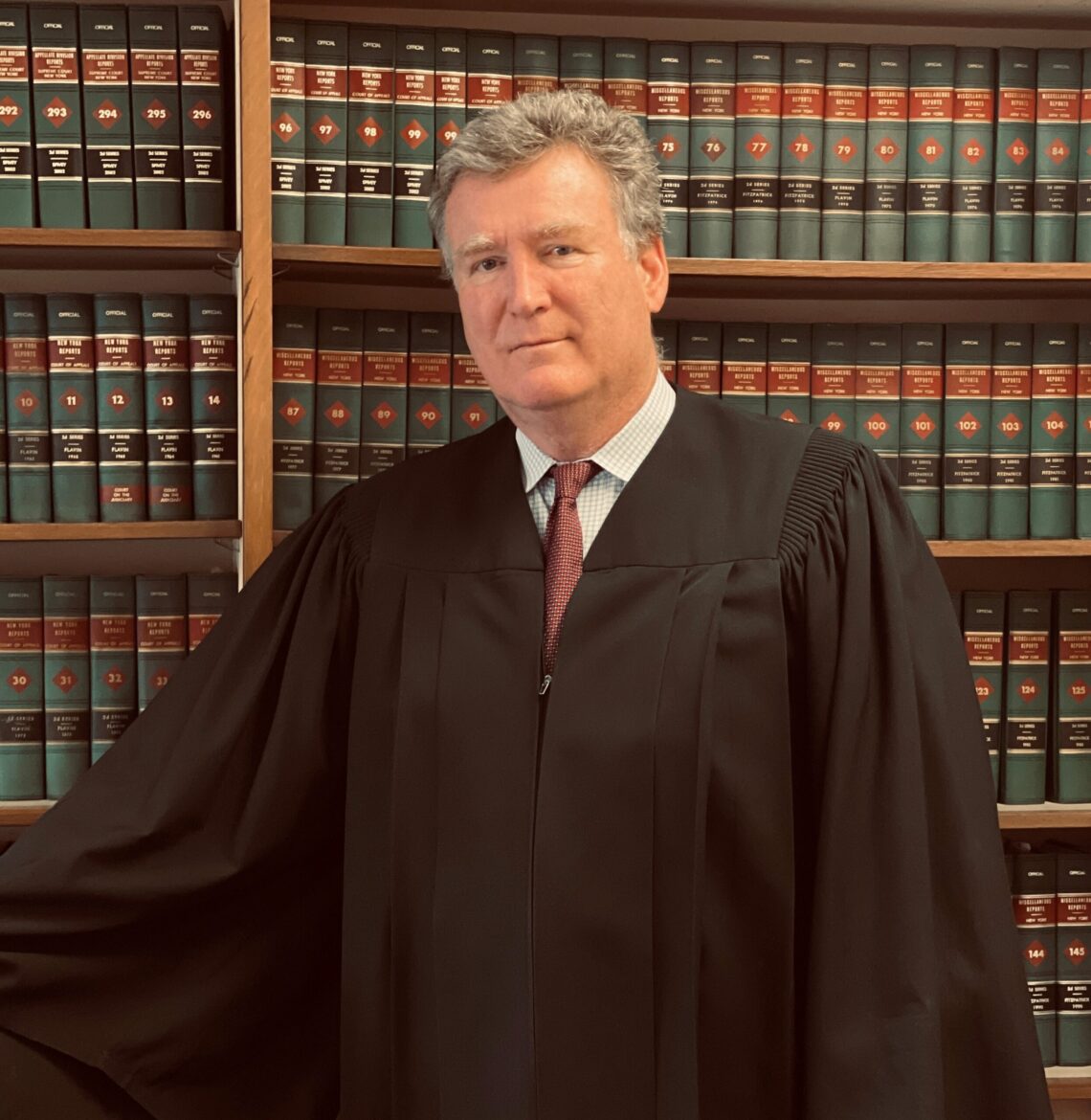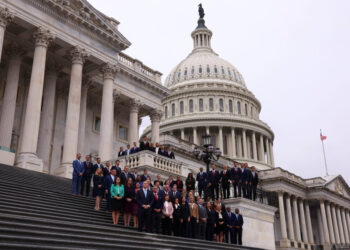During the meeting, Graham talked about the mutual benefits of such forums, which allow for the exchange of concerns and suggestions between the judiciary and attorneys. He highlighted his Brooklyn upbringing, his transition from private practice to the bench, and his philosophy of maintaining awareness of the challenges faced by attorneys.
“These meetings are helpful to us as well because we get to learn what your concerns are and hear your suggestions.” Justice Graham said. “When I graduated from Brooklyn Law School, there was a short period of time where I worked for a large firm, but then I took the gamble of opening a private practice.
“I had a neighborhood law office that was in Park Slope for almost 18 years,” Graham said. “As a jurist, I think anyone who practiced law in a firm has to be aware of the difficulties of paying a secretary, paying bills, chasing clients around and running a small business. So my whole time on the bench, I’m very cognizant of what attorneys have to go through.”
Graham also addressed the introduction of an “Urgency Box” for expedited communication, the need for an updated e-filing system to match that of the Supreme Court, and his surprise at the extent of litigation involving real property. Graham addressed concerns regarding AI and its effects on legal documents, along with persistent problems in real estate fraud, including deed theft.
The judge expressed a preference for in-person hearings to better gauge the arguments and sincerity of attorneys, reflecting his approach to ensuring effective legal proceedings. Additionally, he outlined his tenure and roles within the Kings County judicial system, demonstrating his extensive experience and commitment to serving the community.
Antar Jones, co-chair of the BBA’s Surrogate’s Court Committee, moderated the event. Jones founded his own law firm in Brooklyn, focusing on estate planning, probate, and administration, alongside addressing federal and state…
Read the full article here








